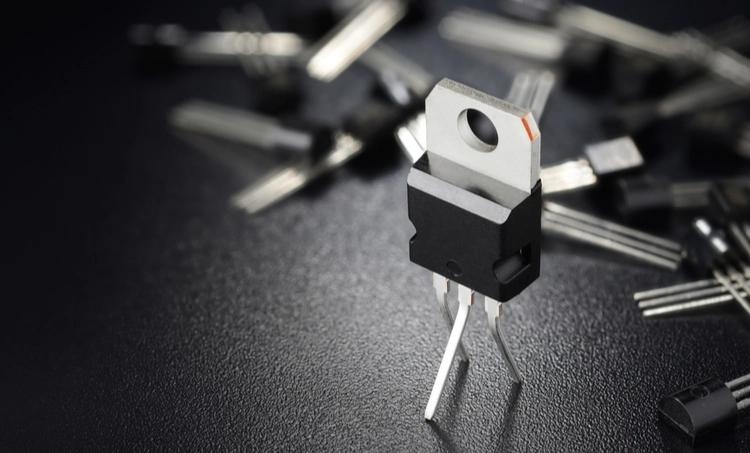Free Shipping over $49
MOSFETs, or Metal-Oxide-Semiconductor Field-Effect Transistors, play a critical role in battery management systems (BMS).

In battery BMS, MOSFETs are used as switches to manage the flow of current between the battery and the load (the device being powered). There are 2 main types of MOSFETs used in such systems: P-channel and N-channel MOSFETs.
How do MOSFETs function within battery BMS?
• Switching Functionality
MOSFETs act as electronic switches that can turn the flow of current on or off very quickly. This allows the BMS to control when the battery charges or discharges, protecting against overcharging or excessive discharge that could damage the battery.
• Current Regulation
By controlling the resistance of the channel through which current flows, MOSFETs can regulate the amount of current passing through the circuit. This helps maintain the battery’s charge rate within safe limits and prevents excessive current draw that could harm the battery.
• Protection Circuits
MOSFETs can be part of protection circuits that detect faults such as short circuits or overcurrent conditions. When a fault is detected, the MOSFET can shut off the current to prevent damage to the battery or the rest of the system.
• Efficiency
MOSFETs are chosen for their high efficiency, which means they have low power losses when conducting current. This is important in battery systems where conserving energy is crucial.
• Thermal Management
MOSFETs generate heat when conducting current, and this heat must be managed to prevent the battery from overheating. BMS designs incorporate cooling mechanisms to ensure that the MOSFETs operate within their temperature limits.
In summary, MOSFETs are integral components of battery management systems because they enable precise control over the battery’s charging and discharging processes, ensuring the battery operates safely and efficiently. If you have more questions about MOSFETs, battery management, or any other topics, feel free to ask!